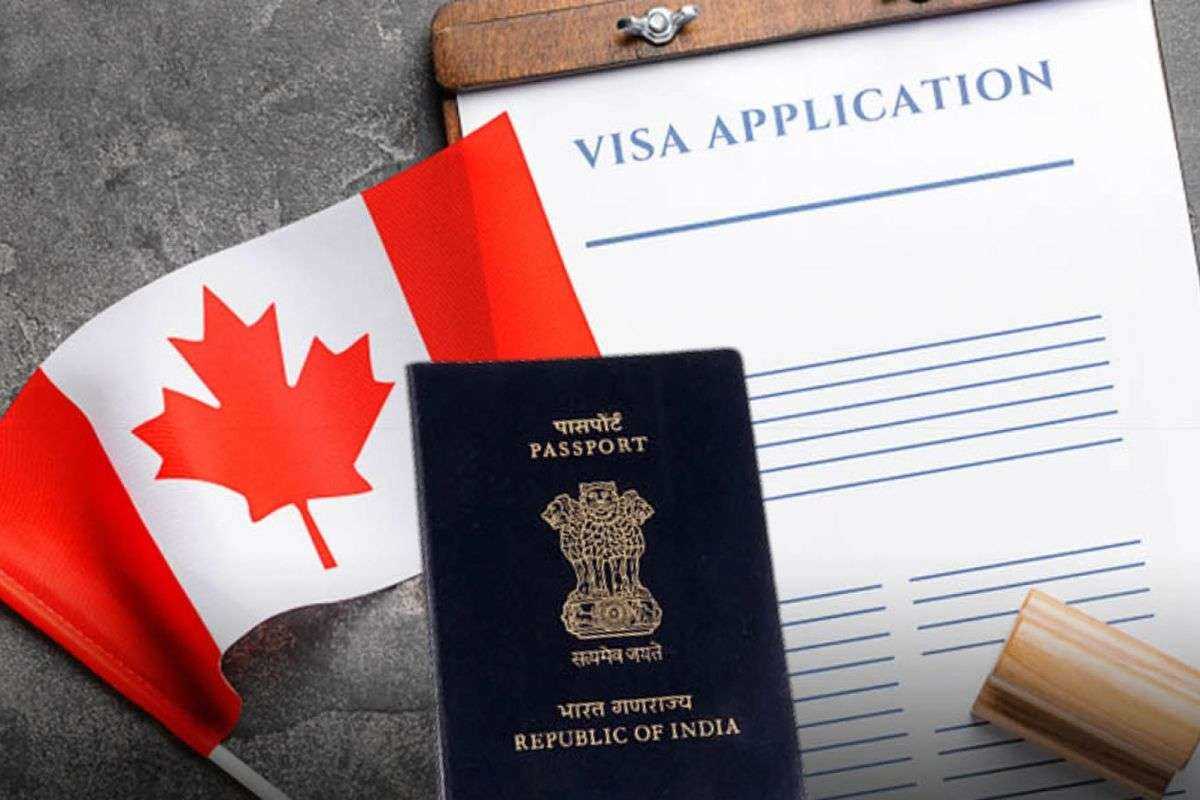
student Visas, as the name recommends are visas issued to candidates whose main role of visit to the nation is for study . Obviously, while getting confirmation in the college is critical, these authoritative archives hinder every one of your interests.
Every single nation is administered by its own Immigration Laws. These could shift regarding the prerequisites of records to the distinctive evidence of assets worthy to what every one of the visas would give you a chance to do separated from contemplating in the nation.
Additionally, there are some expansive shared traits that are unmistakable in all study visa applications.
Student Visas are often classified on the basis of two broad distinction points.
Depending on the length of the program the candidate is intending to undertake, the countries frequently divide the student visa into Short Term Student Visas or Long-term Student Visas.
Regularly, the short term visas are given to students who intend to take a short course of a language or a confirmation endorsement course and the whole span is frequently constrained to 90 days (3 months).
Long term visas, then again, are given to students who are wanting to take up degree courses stretching out past the multi month time frame. These could include the internships and small certificate programs of 6 months and so on. European Union Countries frequently have this expansive characterization.
Regardless of the duration of the course, a few countries classify the student visas premise the kind of understudy. This could be the dimension of degree connected for (undergrad, graduate or doctoral), international student or understudy applying for a professional/confirmation course.
Comprehensively, as these visas likewise rely upon the sort, obviously, the student is applying for, these are to some degree connected to the residency. Be that as it may, in these classes, the principal purpose of refinement isn’t to what extent the program would be for.
On the off chance that you are, state for an example, an international student, you could be going for 3 month or 3 years, the classification would in any case be founded on the kind of student and not the residency.
Every country, depending on their Immigration Laws have a specific list of documents. However, while the exact requirements are different in terms of actual terms, the list is generic. However, there are two documents which you would require certainly.
This is the primary requisite. While you would need a valid passport, what you need to know is that for different countries, the requirement of the validity of your passport might vary. Some countries would want you to have the validity until the end of the course even at the time of applying for the student visa. Some, on the other hand, might let you apply but request you to have a validity that extends beyond the intended stay in the country.
You also need to ensure that you have at least two blank pages in your passport for stamping for a visa. What is important to note is that in case you have any expired passports, you would still have to submit a copy of all such passports.
No matter which country you are applying to, if you are applying for any category of Student Visa, you must be able to prove that you are a bonafide student. This is often done by producing confirmation of admission with an educational institute of that country.
Most of the countries would require you to prove that you are capable of not only taking care of the tuition and college expenses but also have the requisite funds to afford your stay in that country for the intended study period. While many countries have a stipulated amount of funds it would require, some have broader more extensive guidelines. For instance, many countries in Europe (like Germany, Netherlands, etc.) have a minimum living cost computed as per government standards. Students applying for student visas in these countries, accordingly, must provide proof that the said amount is available with them in ready cash.
Another thing which is required perhaps across various countries is the proof that you can communicate in the language which would be your medium of instruction. Since most of the students plan to study in English speaking countries, most of them would require you to provide proof positive that you can communicate in English – both written and verbal. This is usually done by a minimum score requirement for various English Language Tests like TOEFL, IELTS and/or PTE. Accordingly, if you plan to take up a course in any other language (say German for instance), you would be required to provide certification for that language in accordance to the CEFR Certified Levels.
It is important to note here that while universities might accept different any or either of the above mentioned tests, for Visas, as times, the requirements are set. For instance, UK does not recognize TOEFL for Visas. Hence, it is important that before a student writes an English Language Test, he/she checks whether or not the country’s immigration department recognizes that test. Also, Visa Guidelines for different countries usually mandates a minimum score. While Universities might offer admission at a lower score, Visas would be rejected until the minimum standard is met.